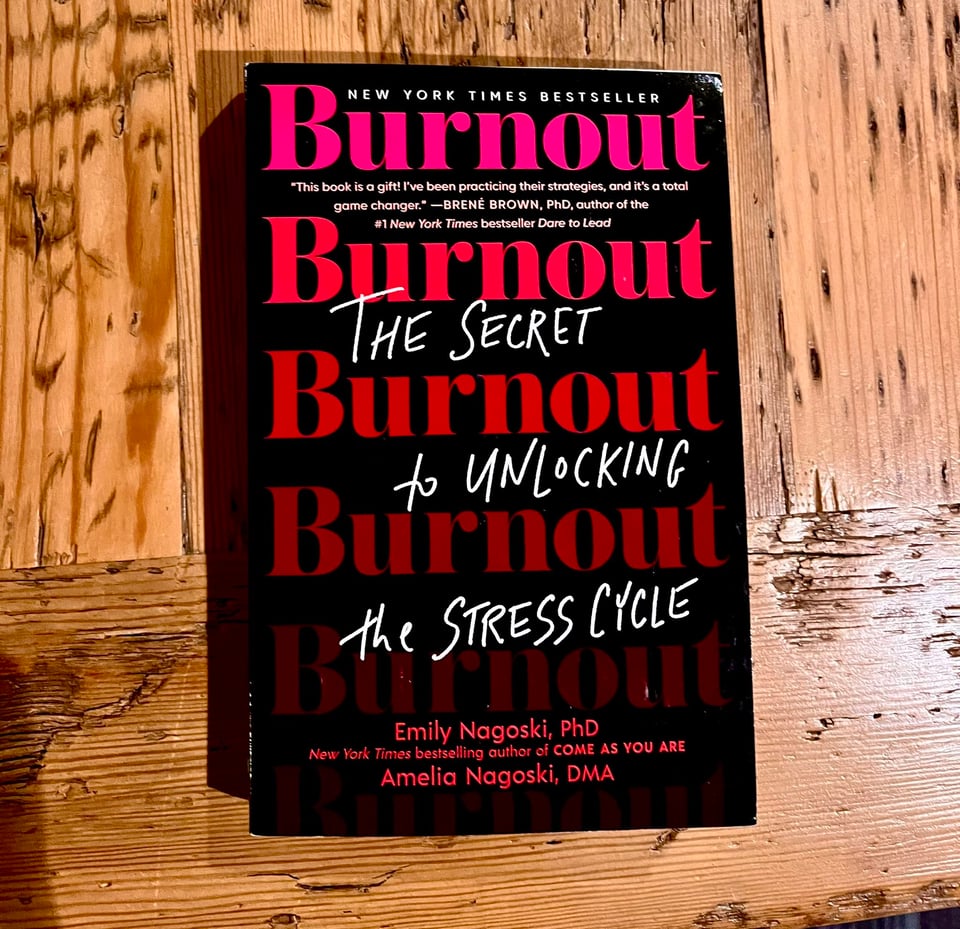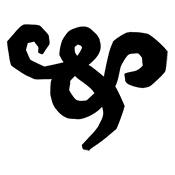What we've learned about Burnout since writing the book
It’s a team-up newsletter this week, with a question about Burnout:
Q: Emily and Amelia, what is something you've learned about Burnout since writing the book in 2018?
Emily:
The pandemic — more specifically the lockdown and its impacts and the discourse around it — profoundly changed the context in which people are reading the book.
One, single change for the better: by May 2020, journalists had stopped asking us, “But are women really that oppressed still?” which is a question we got a lot in 2019. The lockdown quickly exacerbated social inequities, including sexism, making these issues visible to people who otherwise might not have noticed them before. For a minute there it even looked like we might do something about these inequities…
But anyway, the main change is that basically everyone is now carrying around some new trauma, including people who’ve never experienced trauma before, so they may not recognize it for what it is and they don’t have experience healing. And a change we made to Burnout at the last minute was… to cut trauma from the book, almost completely.
The idea was to make the book more digestible, and it was already a pretty intense read, so to make it shorter and more focused on burnout itself we cut stories and science that described trauma, its relationship with burnout, and how it impacts healing. This was motivated in part by hearing from some readers of Come As You Are that it took them over a year to get through the book, because it’s both so long and so emotional.
I understand why we did it, but wow. Jiminy cricket. I wouldn’t do a burnout talk or podcast interview ANYWHERE with ANYONE, post-lockdown, without talking about trauma.
Amelia:
While we were writing Burnout, I knew squat about disability justice. I had a general idea that disability was an intersection that crossed race/gender/religion/age/etc. but wow. WOW.
Burnout is about the negative personal consequences of living with a gap between who you are and who the world expects you to be – and expectation that demands you conform to a rigid, narrow socially constructed ideal. And physical differences are one way that none of us conforms. I've come to define disability as a difference so far from the ideal that it's not possible to function without external intervention.
Disability justice is complicated, because it first includes people's attitudes and assumptions about who you are, based on how you look – whether your disability is visible or not! Look disabled? People will treat you different. Don't look disabled? People will deny you access to accommodations you need.
Second, it includes actual infrastructure obstacles, like old buildings that have been grandfathered in to wallow in their inaccessibility. But even buildings that conform to ADA requirements are often retrofitted in ways that scream "separate not equal." All the able bodied people get to walk up the grand entrance into the marble lobby, but me and my wheelchair scurry in the servants' entrance that feels like an afterthought at best. People who can walk take the escalator in fifteen seconds, while everyone in a chair waits two minutes for the only tiny elevator. Anyone on feet can squeeze into the bus, but there are only two spaces for mobility devices, so person number three has to wait twenty minutes for the next one to come along.
Third, being disabled is expensive! The cost for assistive devices, medical care, lifestyle changes, not to mention the changes in employment options. And the financial safety net of insurance and government programs are complicated to the point that they're clearly intended to discourage people from even asking for them.
(Amelia, like Emily, is still dealing with a lot of long Covid symptoms. It comes up more in the Feminist Survival Project 2025 podcast.)

Amelia recently had a great conversation about Burnout with Australian super-hero Turia Pitt on her podcast. Give it a listen on Apple Podcasts or Spotify!

Questions or comments? Please email my very tiny team at unrulywellness@gmail.com
Feel free to say hello on 📷 Instagram and 🤖 Facebook – I don't always reply but I read everything.
Signed copies of Come As You Are and Come Together can be obtained from my amazing local bookseller, Book Moon Books.
Stay safe and see you next time.

Add a comment: